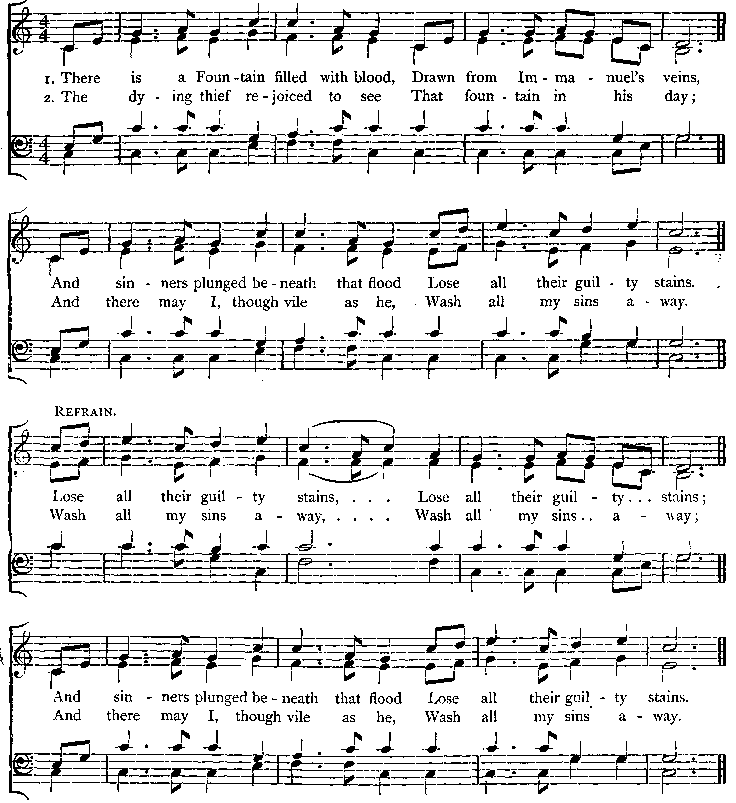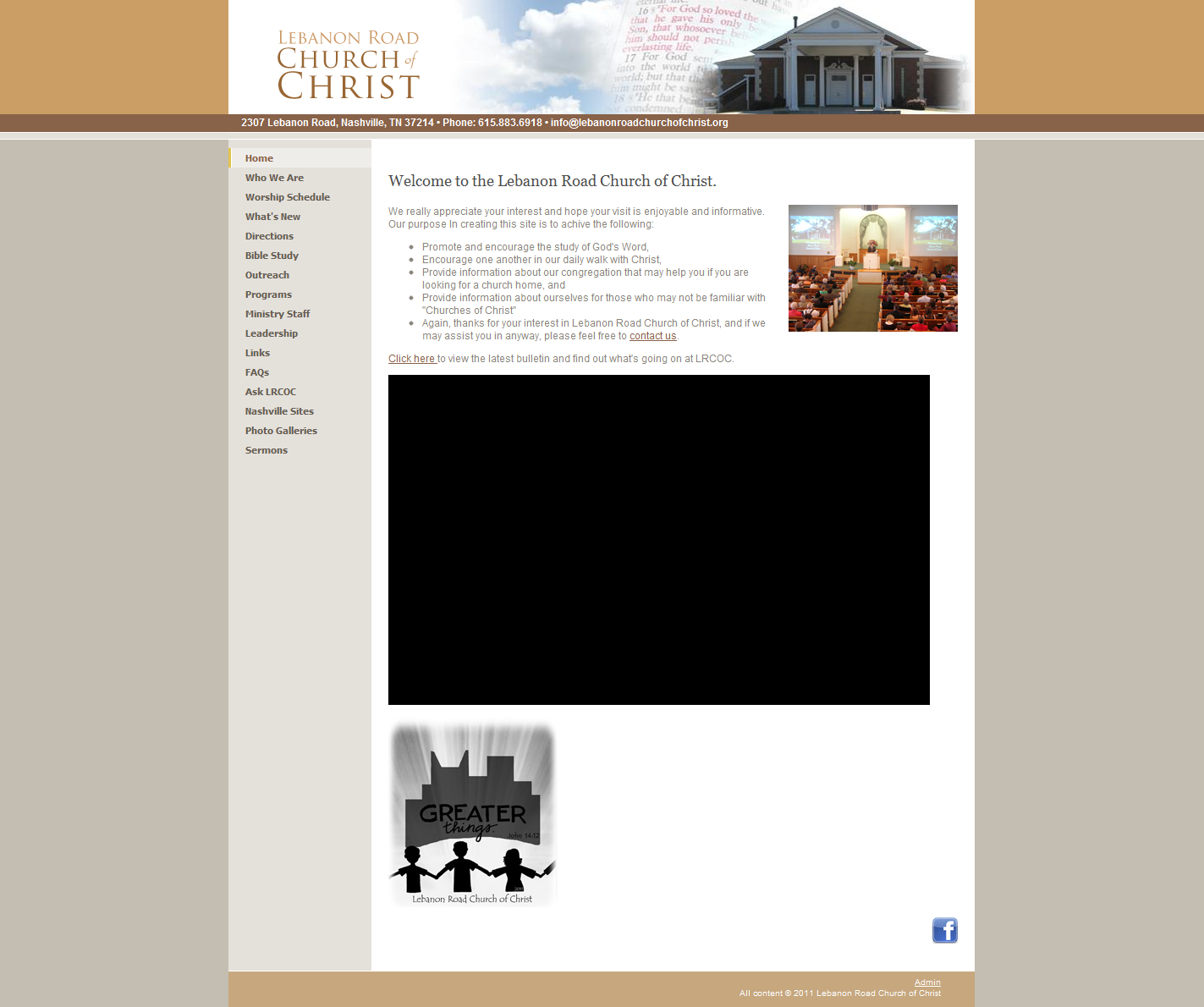Psalm 10
1. Psalm 9 and 10, while similar in many ways, show a great contrast in others. In Psalm 9 the writer is confident, but Psalm 10 seems to be written in a time of despair and a great lack of confidence. Even so, as mentioned, many early Bibles had them together as one psalm because of their similarities.
2. While we know, as the psalmist did, that God is always near, we sometimes ask the same question he asked in verse 1: “Why do you stand afar off, O Lord? Why do You hide Your eyes in times of trouble?” There is nothing wrong with doubt, so long as we don’t let it control our thoughts and actions.
3. While it may seem obvious, verses 3 and 4 remind us that the wicked work by totally opposing God. The reason? They really don’t believe He is there. “All his thoughts are, ‘There is no God'” (verse 4).
4. The writer has a concern that nearly every faithful person has felt at some time or another. In verse 5 he says, “His [the wicked man’s] ways prosper at all times.” We often feel as if God rewards those who are sinful, but we need to be reminded of how God rewards and what true rewards are.
5. Verses 7-11 speak of the evil one as walking and talking, but also as lurking (verse 8). It seems as though hose who are against Christianity will be open sometimes, while at other times they lurk; working behind the scenes to disrupt God’s will.
6. Verse 14 uses a beautiful description of God. He is the “helper of the orphan.” Orphans are used often to represent one who is truly helpless. God is able to help anyone.
7. In the end, the psalmist is able to regain his confidence. In verse 16, he is reminded that God has already driven out mighty nations from the Promised Land. In verse 17, he is reminded that God hears, and in verse 18 he remembers that God helps those who cannot help themselves. What a confidence-giving God!


